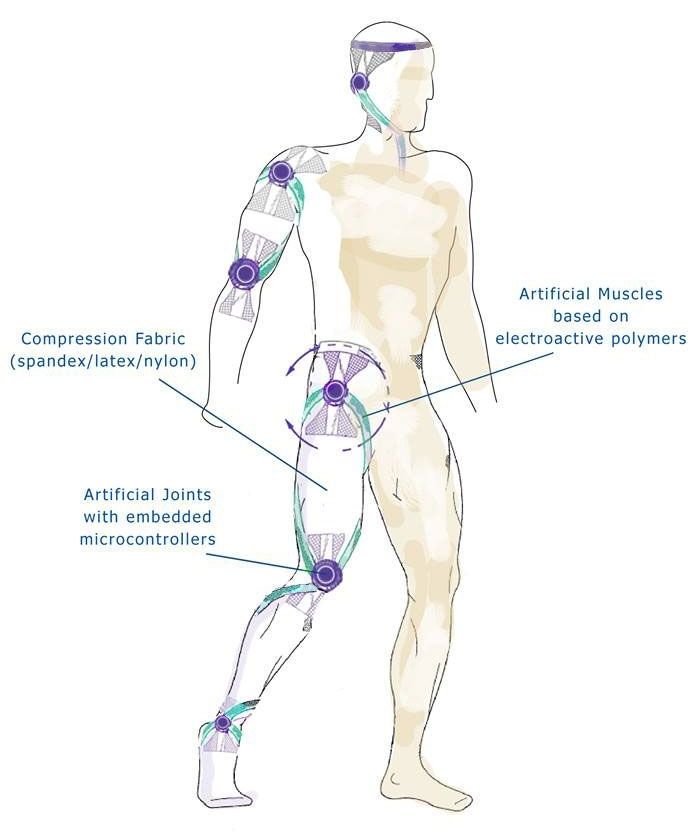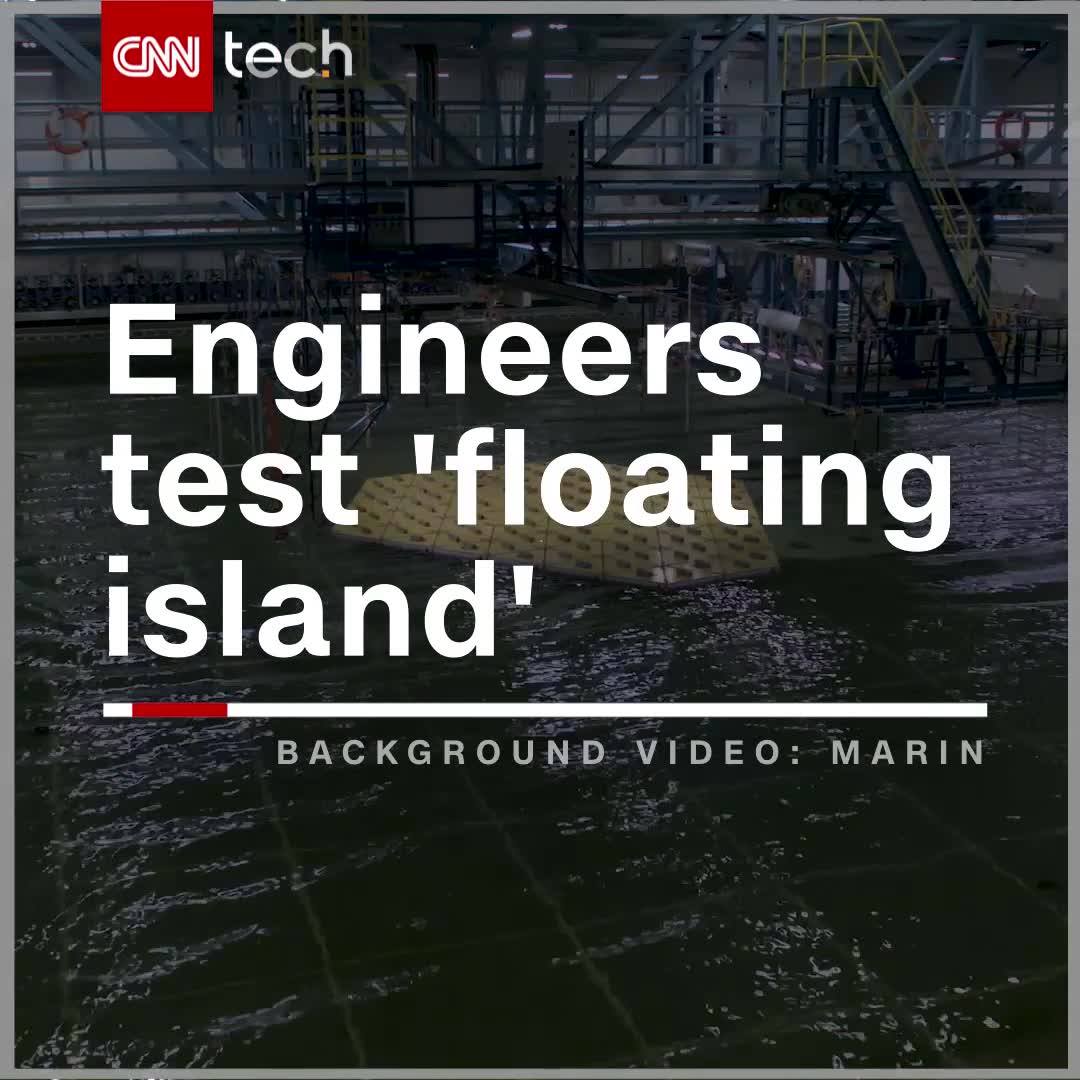A little known biotech company has developed an effective and affordable cardiovascular disease detection device that could save millions of lives and billions of dollars in medical expenses.
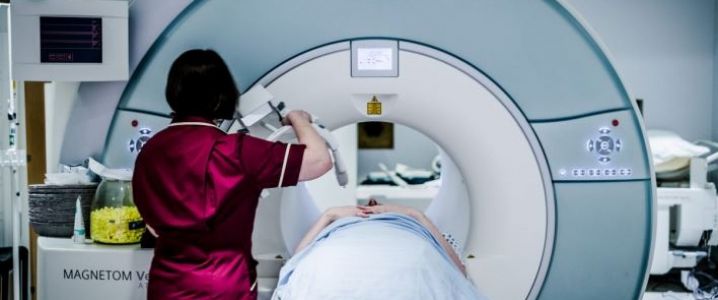

[youtube_sc url=“https://www.youtube.com/watch?v=Pq71VHCMtF8”]
In Unexpected Futurist, we profile the lesser known futurist side of influential individuals. This episode’s unexpected time-traveler: Benjamin Franklin. Ben Franklin was an inventor, observer, electricity pioneer, and serial experimenter, so it’s not entirely surprising he looked to the future. But it turns out he was looking to the far, far future. In 1780 he wrote a letter to a friend in which he lamented that he was born during the dawn of science.
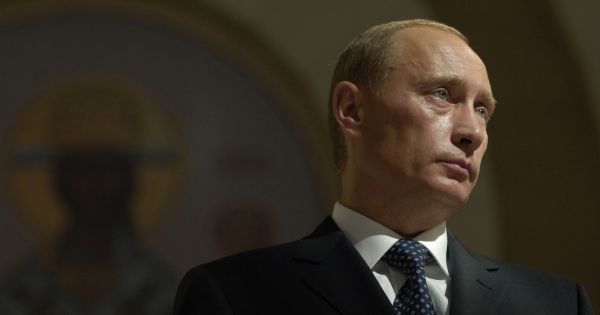
Russian President Vladimir Putin spoke on Friday at a meeting of students in Yaroslavl, Russia about the development of artificial intelligence (AI). In a rather ominous sounding warning, the leader stated that “the one who becomes the leader in this sphere will be the ruler of the world.”
Many of those working in the field see AI as a tool for making humanity better, while others foresee it as a harbinger of doom for the human species. Not many high profile people — especially the leader of the largest nation on Earth — have come forward to blatantly express the potential of AI to be a tool of immense power for a nation to wield.
President Putin went on to say that “it would be strongly undesirable if someone wins a monopolist position,” implying that Russia’s breakthroughs would ideally be shared with other nations.
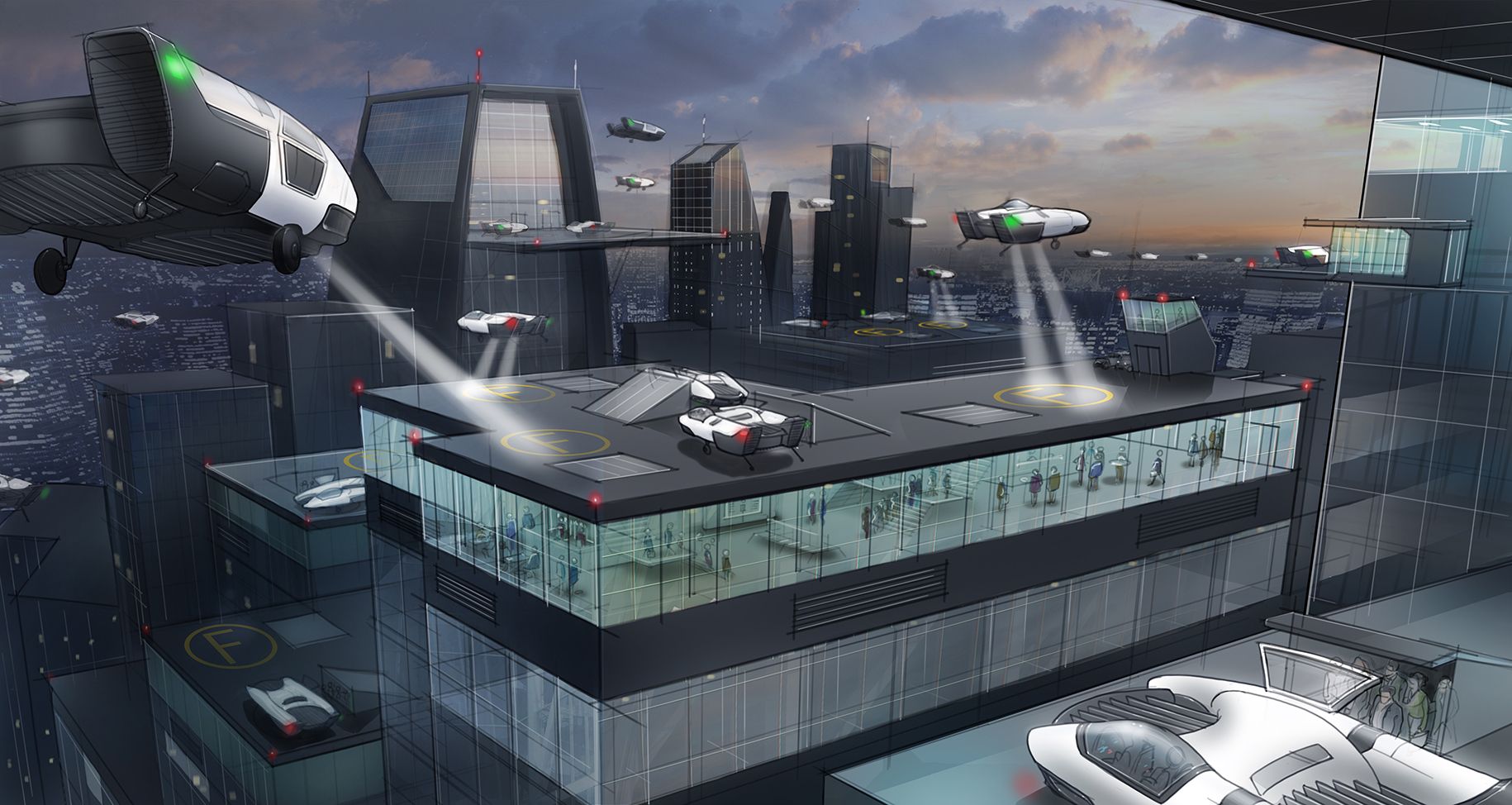
[youtube_sc url=“https://youtu.be/Lw_wEyoUrhI”]
How will our relationship to technology evolve in the future? Will we regard it as something apart from ourselves, part of ourselves, or as a new area of evolution? In this new video from the Galactic Public Archives, Futurist Gray Scott explains that we are a part of a technological cosmos. Do you agree with Scott that technology is built into the universe, waiting to be discovered?
Follow us on social media:
Twitter / Facebook / Instagram
Follow Gray Scott:
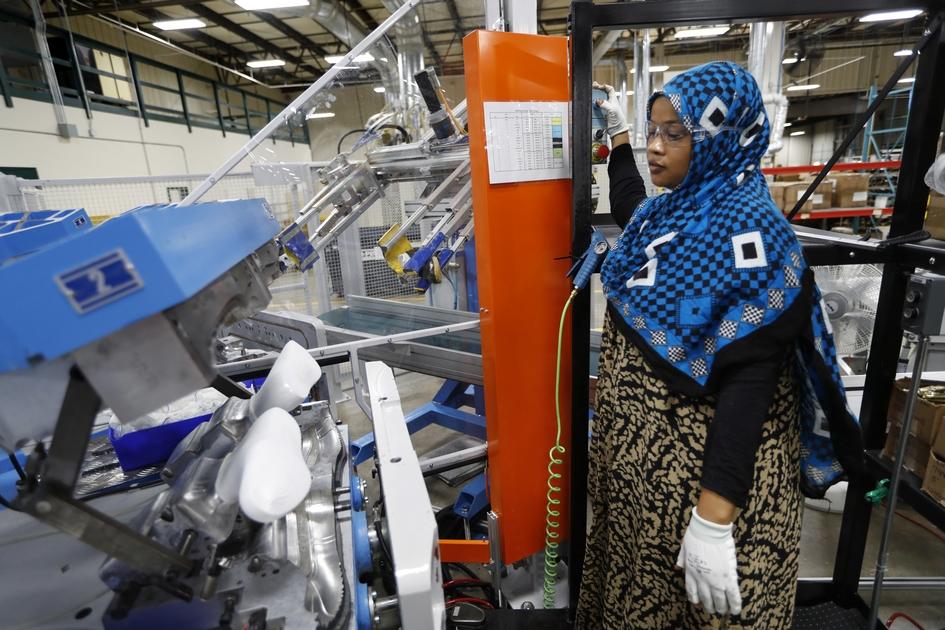
MOUNTAIN VIEW, Calif. — These days, it’s hardly exotic to see a “made in China” sticker slapped on your favorite product. But what if that sticker said “made in space?”
A Mountain View-based startup earlier this month revealed new breakthroughs in its quest to build in-space factories that will orbit the Earth and pump out products that are too difficult or expensive to make at home. The technology is expected to revolutionize space exploration by allowing scientists access to better tools in space, and also provide people on Earth with unique space-made products such as improved fiber optic cables.
“In-space manufacturing and assembling has been the stuff of science fiction and the dream of the industry for almost the entire existence of the industry,” said Made in Space CEO Andrew Rush, who hosted journalists and NASA representatives at his company’s headquarters for a demo. “But now, for the first time, we’re making these really transformative steps toward making that a reality.”
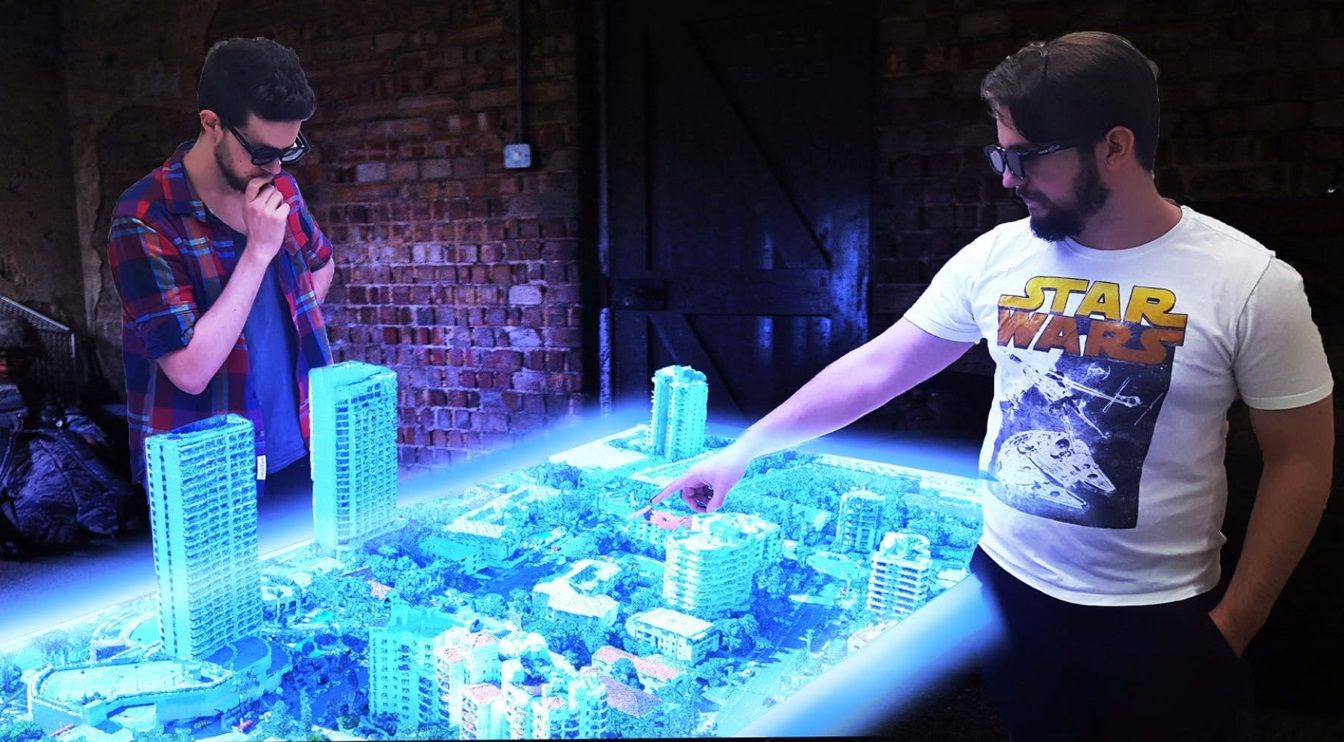
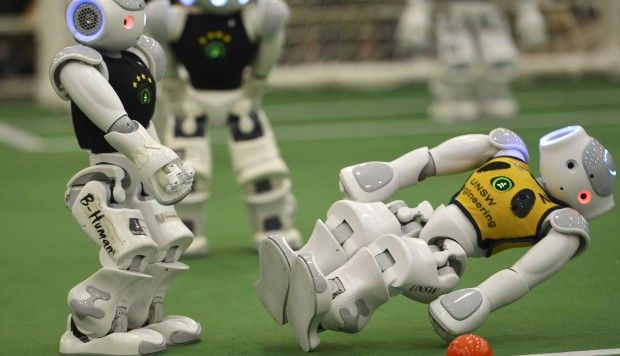
The technology furor that has emerged way before 2014, and swept across the country can’t be more pronounced. As many as 17 national-level innovation demonstration zones from coastal Shenzhen to inland Chengdu city have been handpicked by the State Council, or China’s cabinet, and allowed to offer favourable policies to spur innovation and drive regional economic growth based on their respective strengths and geographical advantages.
Beijing has picked 17 tech hubs across the country to transform from a manufacturing-reliant economy to one led by tech and innovation.
PUBLISHED : Saturday, 12 August, 2017, 8:16am.
UPDATED : Saturday, 12 August, 2017, 4:44pm.
